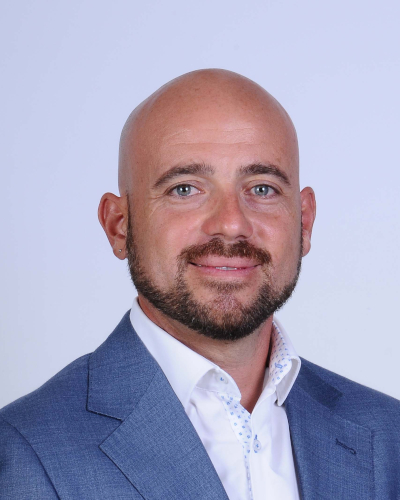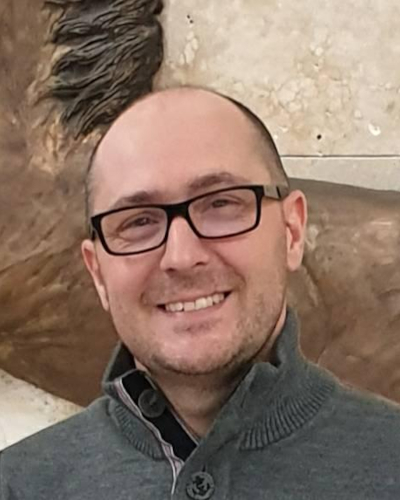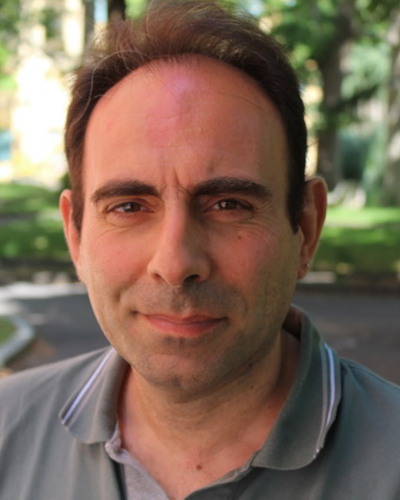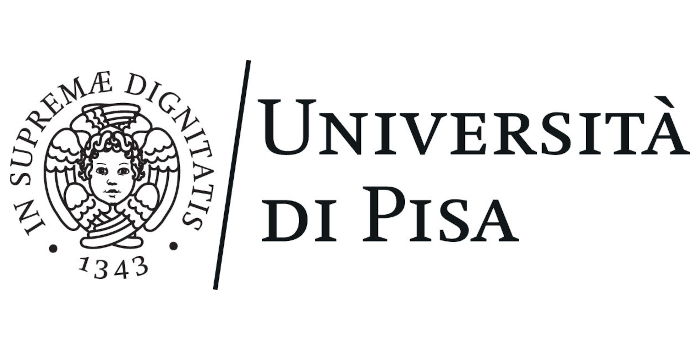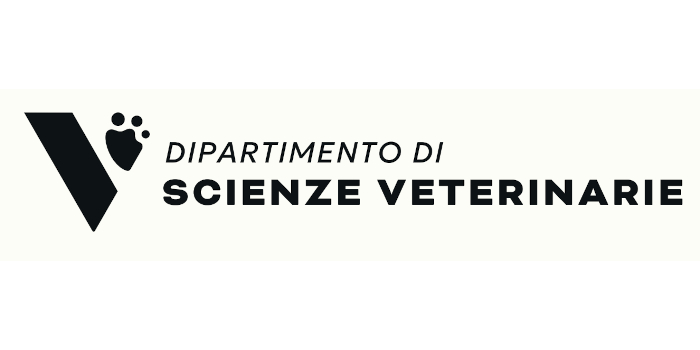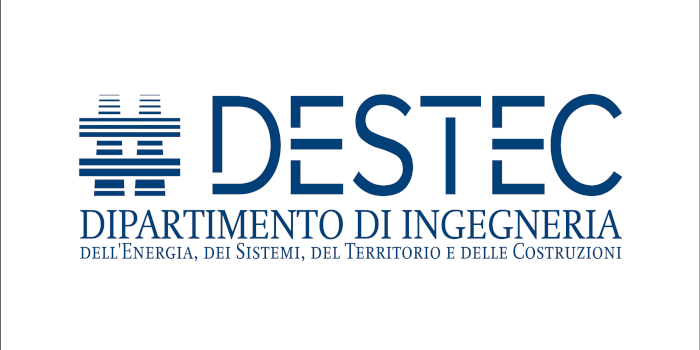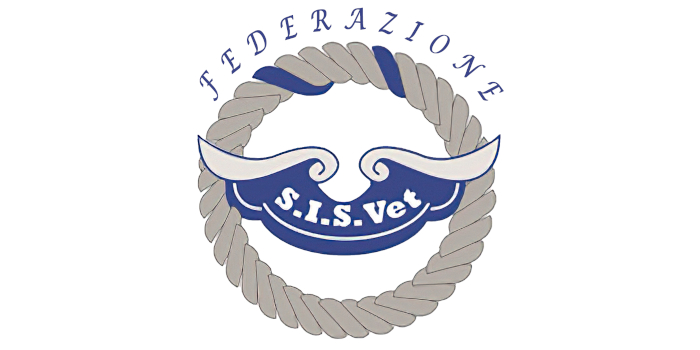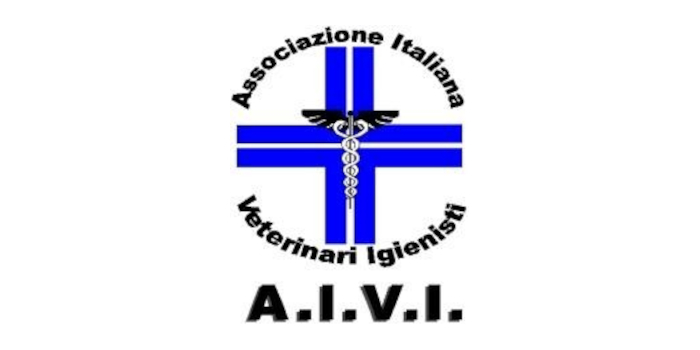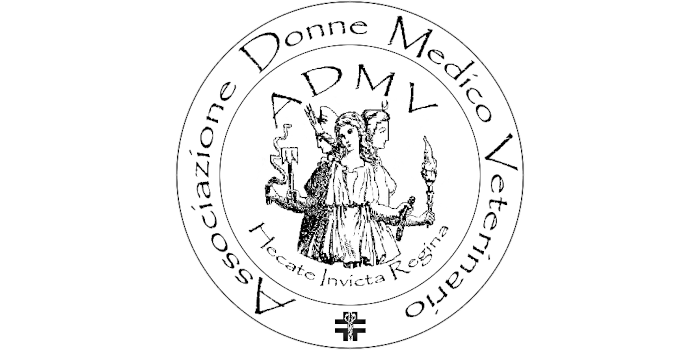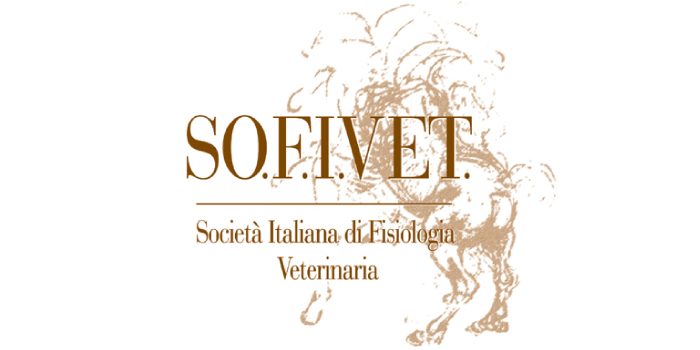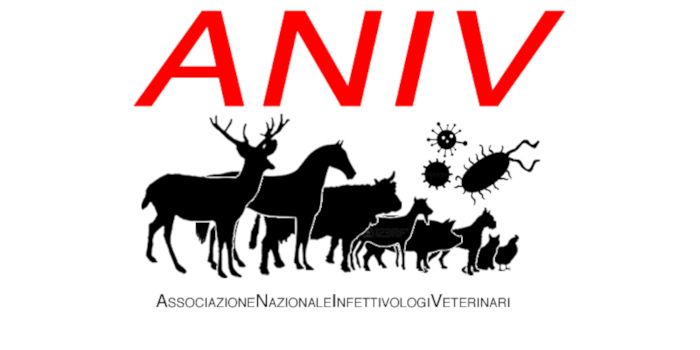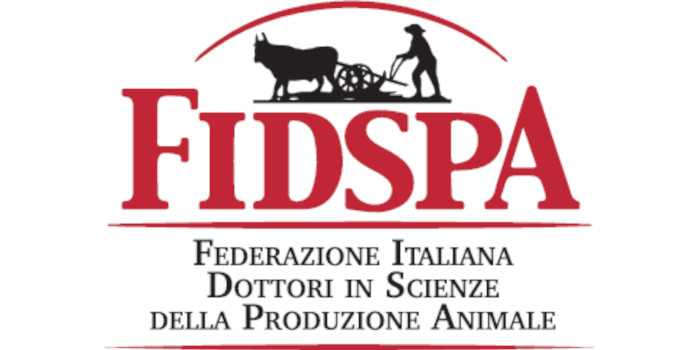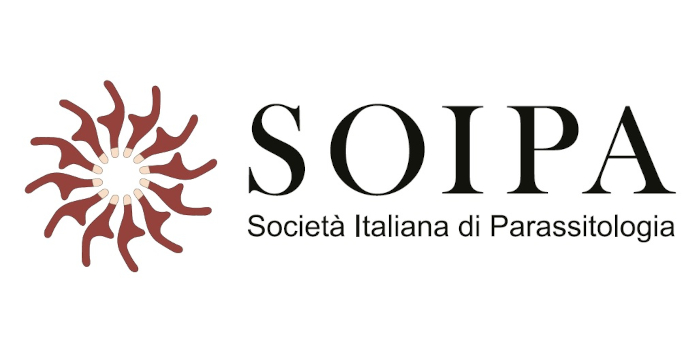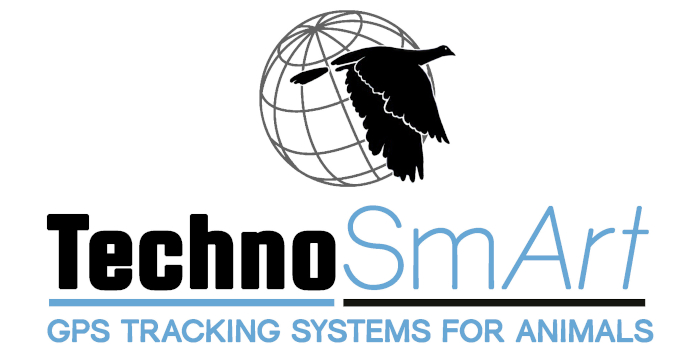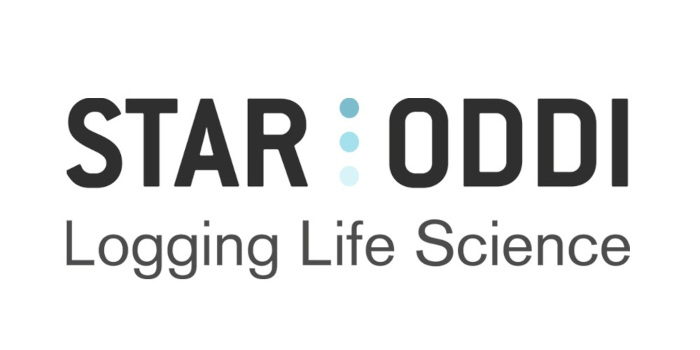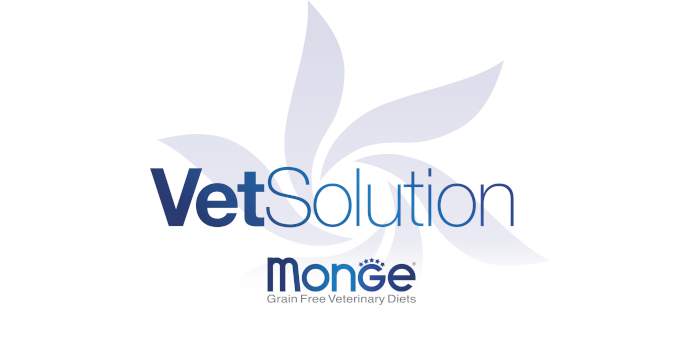SPECIAL SESSION #18
Circularity and Implications on Sustainability Assessment in Breeding and Food Production: New Methods and Approaches
ORGANIZED BY
Carlo Russo
University of Pisa, Department of Veterinary Science
Giulio Mario Cappelletti
University of Foggia, Department of Economic, Management and Territory
Sergio Saia
University of Pisa, Department of Veterinary Science
Francesco Riccioli
University of Pisa, Department of Veterinary Science
ABSTRACT
Numerous researches have highlighted how increasing and/or maintaining current levels of food productivity is becoming increasingly difficult in light of climate change and the greater frequency of extreme events in addition to the need to reduce the use of resources and environmental impacts. Developing more sustainable alternative breeding systems suited to the climate scenarios of the coming years is necessary. A general idea, in line with the principles of agroecology, ecological engineering and/or natural solutions, is to increase the awareness of breeding systems and their overall implications regarding production, stability, quality and sustainability.
Starting from these premises, breeding activities as well as food systems have to face the new challenges linked to the need to assess various impacts that these systems could have from a life cycle perspective. This appears in line with the new EU Green Deal strategy for achieving the UN Sustainable Development Goals (SDGs). This special session aims to collect scientific contributions about the connections between breeding activities and food production for improving their effects on climate change, land degradation, biodiversity loss, hunger, malnutrition, diet-related diseases, food and packaging waste, safety, scarcity of fresh water and (renewable) resources, social and economic inequalities, political tensions, and the need to safeguard the food cultural heritage. Scientific contributions about animal health conditions and well-being will be considered as well as those about the application of life cycle assessment, circular economy, industrial symbiosis and sustainable development concepts aimed to investigate the economic, environmental and social dimensions of breeding and food systems.
ABOUT THE ORGANIZERS
Carlo Russo is post-doc researcher at the Department of Veterinary Sciences of the University of Pisa in the context of a PRIMA project on the sustainability assessment of the Mediterranean agricultural systems (SHARIng-MeD GAN2211). Since he started is PhD on 2006, he collaborates with the University of Foggia as scientific consultant and researcher. His research topics are the linked to agri-food and environmental sectors with focusing on life cycle assessment, sustainability, water, resources and waste management. He was involved in numerous national and international research projects and he is author and coauthor of 60 scientific papers published in peer-reviewed international journals. For his research activity he achieved two research awards and the national enabling as university full-professor in Commodity Science.
Prof. Cappelletti is an Associate professor in Commodity Science at the Department of Economics, Management and Territory, University of Foggia (Italy), his interests of research concern the environmental aspects on agri-food chain, he has over 100 publications as contributions in monographs and international journals.
Prof Saia is associate professor of Agronomy and Herbaceous Crops at the Department of Veterinary Sciences of the University of Pisa, he is PI for the European project SHARInG-MeD “Soil Health and Agriculture Resilience through an Integrated Geographical information systems of Mediterranean Drylands” funded under the 2022 call of the PRIMA Programme Section 1. His research topics are: agronomy, arbuscular mycorrhizal symbiosis, sustainability, plant physiology, metabolomics, soil enzymology; mass spectrometry; field, greenhouse, intercrop, N2 fixation, organic ag., N use efficiency, medicinal plants, wheat, legumes.
Prof Riccioli is associate professor at the Department of Veterinary Sciences of the University of Pisa, he has about 20 years of research experience working with forest management, land use change and agro-environmental policies. In the last almost 20 years, he has worked in various national and international research projects dedicated to rural development and management of natural resources. By now, this research work has resulted in 60+ scientific publications, several book chapters and other academic contributions.


